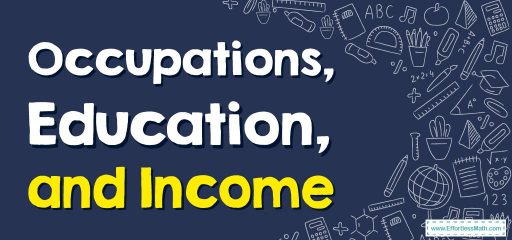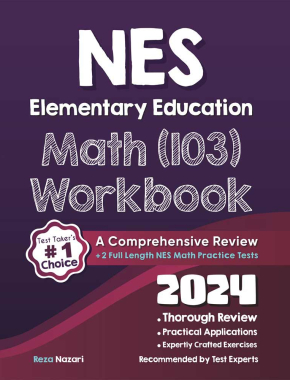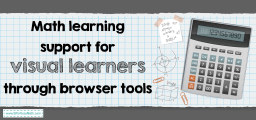Understanding Occupations, Education, and Income
Occupations, education, and income are all interconnected and play a significant role in a person's economic success and social mobility.

People with higher levels of education tend to have access to higher-paying and more secure jobs, while those with lower levels of education may have more limited job opportunities and lower earning potential.
Different occupations also have different earning potential and educational requirements. For example, jobs in healthcare, engineering, and technology typically require advanced degrees and offer high salaries, while jobs in retail, hospitality, and manual labor may have lower educational requirements and lower salaries.
Income is a measure of how much money a person earns, and it is often used as a way to compare different occupations and levels of education. However, it’s important to note that income is not the only measure of economic success, and factors such as job satisfaction, work-life balance, and job security are also important considerations.
A step-by-step guide to understanding occupations, education, and income
here’s a step-by-step guide to understanding occupations, education, and income:
- Start by researching different occupations and their typical educational requirements. This can involve exploring career websites, talking to professionals in the field, and reading job descriptions and requirements.
- Look at the earning potential of different occupations and how they compare to each other. You can find this information through job websites, government statistics, and salary calculators.
- Determine your own career goals and educational aspirations. This may involve assessing your interests, strengths, and weaknesses, and identifying the types of jobs and industries that align with your skills and interests.
- Research different educational pathways and the requirements for each. This may involve exploring college and university programs, trade schools, and vocational training programs.
- Create a plan for your education and career development, taking into account your goals, interests, and financial situation. This may involve setting educational and career milestones, researching financial aid and scholarship opportunities, and exploring work-study and internships.
- Stay informed about changes and trends in the job market, as well as new developments in technology and industry. This can help you stay ahead of the curve and make informed decisions about your career and education.
- Stay flexible and adaptable, as the job market and career landscape can change rapidly. Be open to new opportunities and consider developing new skills and knowledge to stay competitive in your field.
Understanding the relationship between occupations, education, and income is an important part of planning for your career and achieving economic success.
By taking a step-by-step approach to researching and planning your education and career, you can make informed decisions and increase your earning potential over time.
Occupations, Education, and Income – Examples 1, 2
This table shows information about two different occupations. According to this information, answer the questions.

1) In which occupation would a person’s voice be more important?
2) In which occupation would a person write more than other jobs?
Solution:
Having a good, artistic voice is an important part of the radio announcer’s occupation.
A screenwriter must write and edit a script over and over to change it into the best one. So, this person would write more than other jobs.
Related to This Article
More math articles
- What Kind of Math Courses Are Required for Business Degree?
- Pre-Algebra Worksheets: FREE & Printable (Updated for 2024)
- The Ultimate PERT Math Course (+FREE Worksheets & Tests)
- How to Interpret Remainders of Division Bigger Numbers Via One-digit Numbers
- Overview of the ISEE Lower Level Mathematics Test
- How to Graph the Sine Function?
- Geometry in the Real World: How to Find Surface Area of Cubes and Prisms
- Benefits of Driving Electric Cars: Is It Cheaper?
- How to Multiply Binomials? (+FREE Worksheet!)
- 6th Grade ACT Aspire Math Practice Test Questions





























What people say about "Understanding Occupations, Education, and Income - Effortless Math: We Help Students Learn to LOVE Mathematics"?
No one replied yet.